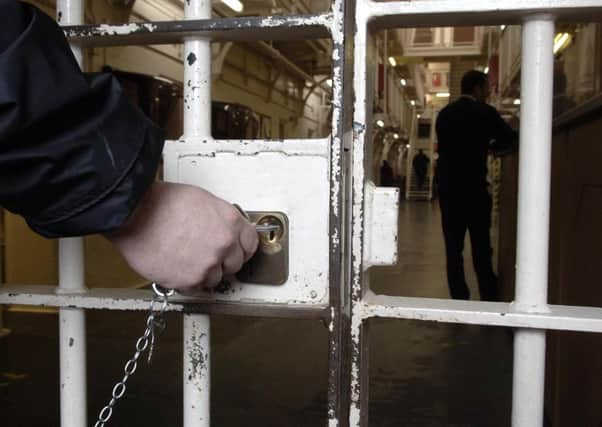Criminal justice can learn from ‘Tell Us Once’ scheme – Karyn McCluskey


My lovely Dad died recently and amongst all the terrible things that you have to organise like funeral directors and coffins and the like, you have to tell friends and family about the loss, which has proved the most difficult thing of all. So in the midst of all this I came across the ‘Tell Us Once’ scheme – a government service whereby informing this one agency results in them informing a myriad of others and setting in motion all the bureaucracy that follows the death of a loved one; like pension agencies, council, passport office, veterans agencies and many others. This simple service relieved my mum and my family from having to repeat the event 20 times in different conversations. I thought it was amazing.
In justice, I have met so many victims who, even after giving evidence in court, continue to have to repeat some of the most traumatic experiences again and again and again. I have met people who have been in care, who have to tell agencies on a regular basis some of the terrible things done to them over their lives in order to access services. This constant retelling does not numb them - far from it. Indeed what I have seen so often is that this repetition re-traumatises them all over again. I wonder how much a ‘tell us once’ scheme would have enhanced their lives. I know much work is going on across Scotland to improve the services that victims receive and it is long overdue. Of course we need to know what people need in order to support them, but it is surely within our wit and wisdom to reduce to a minimum the trauma, upset and perhaps even shame that comes with having to tell yet another stranger about the worst days, months or years of your life. There are huge benefits to this kind of service not just to citizens but also to the government – payments ceased immediately! The impact on us as the family was measurable, processes put into action, benefits paid out, things organized to make the traumatic event seem less of a challenge.
Advertisement
Hide AdAdvertisement
Hide AdPart of my role is to look at how people leave the prison estate and reintegrate back into the community. Many have been incarcerated for years and the return to the community is a critical point. Many will have no home to return to, no GP, no benefits in place - and in many cases none of the documentation that is required to register with services, like bank statements or council tax bills.
Leaving prison is in many ways like leaving hospital; you need a package of services organised for you to make sure that the transition is successful. Alas unlike the Tell Us Once scheme, this involves numerous attendances at copious organisations; housing providers, support workers, job centres, GP surgeries - many of whom may not be accepting new patients. The money that you receive on leaving prison wont stretch more than a few days. There is little surprise then, that some find themselves homeless, or sofa surfing and the frustration of frequent appointments to tell agencies of their circumstances leaves many distraught and isolated. Hopeless. I have lost count of the number of people who have told me that their descent back into drugs or alcohol started at this time and paved the way for the sometimes inevitable return to prison. Yet we know when people are getting released – often for months in advance. We know they often have limited skills in reading or writing and engagement with services. We know what medication they are on and need to manage their lives. Every minute has been accounted for and managed inside the prison system, information compiled and records kept – so how can it be that so many then are turned out and set up to fail?
There has been some fine work happening across Scotland to address this. The mentoring schemes run by some of our fine third sector have supported many leaving prison and back into the community and in so doing prevented people lapsing into old ways; which benefits all of us . These schemes have contributed to Scotland having a historic low in reoffending. Too many though have a different outcome; the gargantuan effort required to organise their reintegration back into society is too much for them. The lack of joined up services and constant retelling of circumstances thwart the possibility of a smooth return to the community and any onwards support.
It’s a shame that the Tell Us Once scheme is only available at the end of a life – when its potential to enhance a life is so great.
Karyn McCluskey is chief executive of Community Justice Scotland